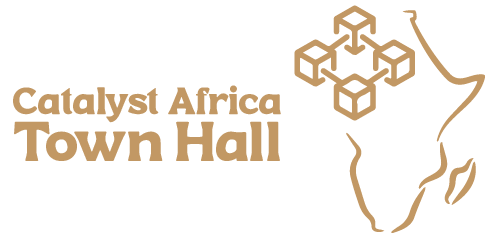Internet Adoption
Bridging the Digital Divide through Internet Adoption
The internet has become an indispensable tool for communication, education, commerce, and social interaction, transforming the way we live, work, and connect with the world. However, despite significant advancements in technology and infrastructure, access to the internet remains limited in many parts of Africa, particularly in remote and underserved areas. At Catalyst Africa Townhall, we conducted a comprehensive survey to better understand the current state of internet adoption in Africa and identify opportunities to strengthen its reach and impact across the continent.
Strengthening Internet Reach in Remote Areas:
To address the challenge of internet access in remote areas, it is essential to adopt a multi-faceted approach that leverages technology, policy, and partnerships. Some strategies to strengthen the reach of the internet to remote areas in Africa include:
- Infrastructure Investment: Investing in the expansion of broadband infrastructure, including fiber-optic cables, satellite technology, and wireless networks, is essential to extend internet connectivity to underserved areas. Public-private partnerships can play a crucial role in financing and implementing infrastructure projects that prioritize rural and remote communities.
- Digital Literacy and Skills Development: Providing training and support for digital literacy and skills development is key to ensuring that individuals in remote areas can fully utilize the benefits of the internet. By empowering people with the knowledge and skills to navigate the digital world, we can unlock new opportunities for education, entrepreneurship, and socioeconomic development.
- Community Networks: Community-based approaches, such as the establishment of local Wi-Fi hotspots and mesh networks, can help bridge the digital divide in remote areas where traditional internet infrastructure is limited or unavailable. These grassroots initiatives empower communities to take ownership of their connectivity and foster local innovation and entrepreneurship.
- Policy and Regulation: Enacting policies and regulations that promote competition, innovation, and investment in the telecommunications sector is essential to create an enabling environment for internet access and expansion. Governments can incentivize telecom operators to prioritize underserved areas and implement targeted subsidy programs to reduce the cost of internet access for low-income households.
The Catalyst Africa Townhall celebrates the achievements and successes of its members and the broader blockchain community in Africa. It shares stories, case studies, and testimonials highlighting how blockchain technology is making a positive difference in people’s lives and communities.
The townhall collaborates with various stakeholders, including universities, businesses, government agencies, and non-profit organizations, to expand its reach and impact. These partnerships often involve joint events, research projects, and educational initiatives aimed at driving blockchain adoption and innovation.
The townhall empowers community members by giving them a voice in shaping the direction and priorities of the Catalyst Africa initiative. Through engagement initiatives such as surveys, polls, and interactive sessions, organizers gather input and insights to better serve the needs and interests of the community.



